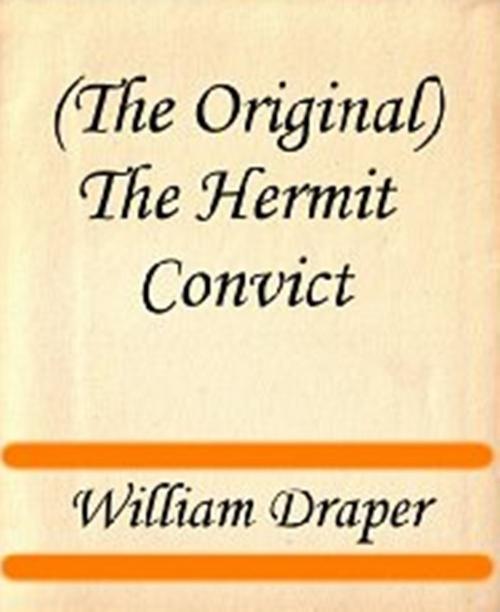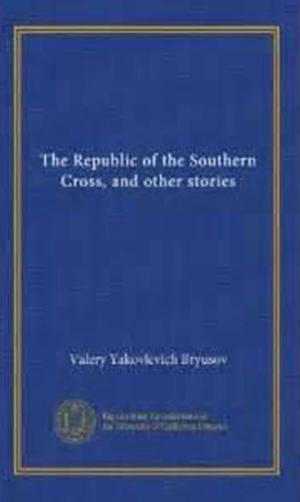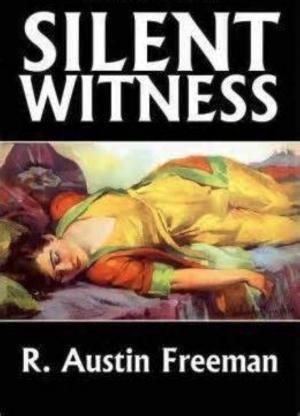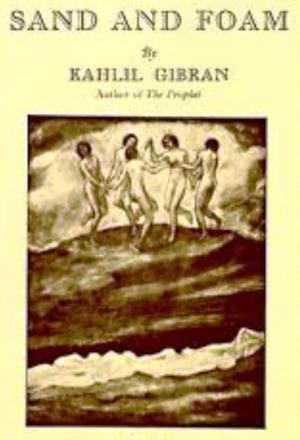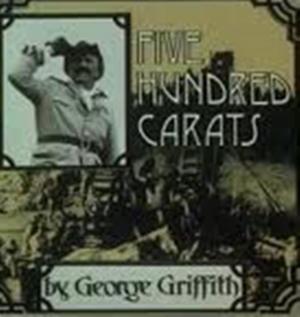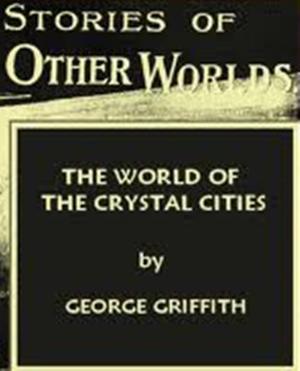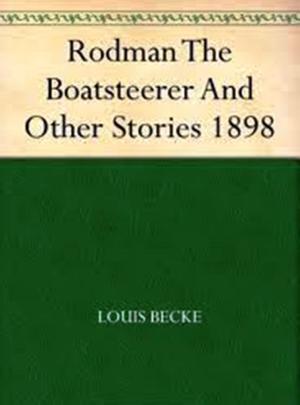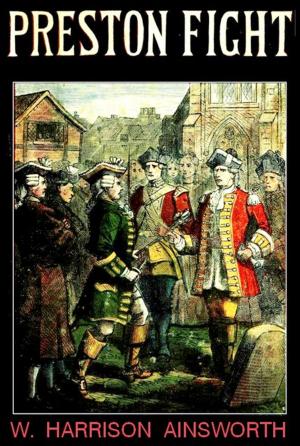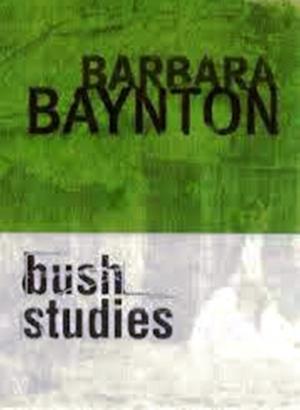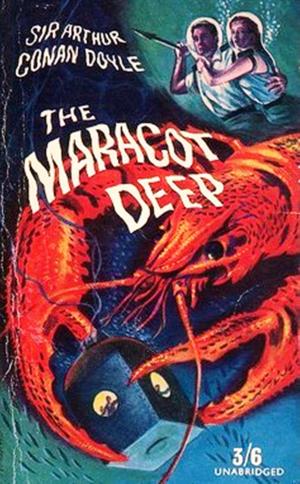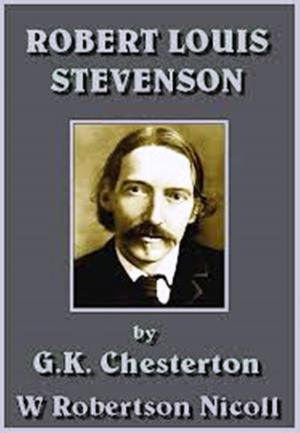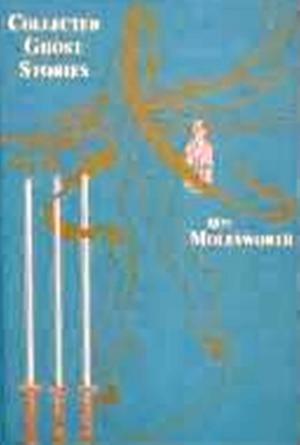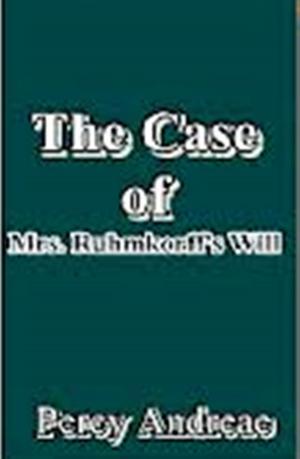| Author: | Rev. William Draper | ISBN: | 1230000156302 |
| Publisher: | WDS Publishing | Publication: | July 31, 2013 |
| Imprint: | Language: | English |
| Author: | Rev. William Draper |
| ISBN: | 1230000156302 |
| Publisher: | WDS Publishing |
| Publication: | July 31, 2013 |
| Imprint: | |
| Language: | English |
'Founded upon facts,' is a hackneyed phrase which may mean anything. The following tale may rather be termed 'a cluster of facts' gathered together from a number of sources, with several specific objects. One of these is a strong sympathy with the opinion which is rapidly gaining strength, that the aborigines are human beings who are capable of civilisation, improvement, and the higher sensibilities of a well ordered life. There is no attempt to point them in higher colors than consistency with truth would allow; but here and there will be found glimpses of real facts, which prove that a well directed effort in their favor, may not be in vain. Another object the author had, was to show how true it is, that treachery and wickedness rebound on the perpetrator. This part of the story may be termed sensational and exaggerated, but though strange, it is entirely consistent with facts. That which may be called a model colonial family is just barely sketched in the description of Rooksnest; while, on the other hand, the folly of unsuitable people breaking up their homes, with a view to making a fortune in Australia, is just as lightly handled in the brief course of events which introduces the Gumby family.
Incidentally, the evils of intemperance are depicted; but the chief point of interest which runs like a vein throughout the tale, is the effects of one false step, which, link by link, frequently—perhaps universally would be a better term—drags down the innocent to endure penalties which are beyond the possibility of belief. It is impossible to forget the unfortunate case of Barber, who was so unjustly transported for will forgery, but the author has the most undoubted proofs from actual life, that many have just as miserably suffered, being innocent. Nothing, he thinks, but the most positive evidence should convict, in cases where death or penal servitude is the penalty. No doubt the present annals of jurisprudence show a marked improvement in the administration of justice, but the criminal law presents anomalies of inequality in the penalties inflicted, which demand the attention of those who are interested in holding with impartiality the scales of justice.
One more prefatory remark is necessary: The author is conscious of some defects in the work. In one or two instances he could not get decisive information, and therefore was obliged to draw upon the resources of imaginative fancy. In other cases conversations are condensed into a brief narrative of facts, and in the estimation of some this may be an important defect, but upon a moderate calculation, if such condenced conversations were given in extenso, the work would have been greatly extended. With all its faults, and the author would fain hope and believe with some excellencies also, he ventures to launch forth these labors of his leisure moments, trusting that the perusal of the tale may be as pleasant to the reader as the work of writing it has been to the author.
Goodna, 1870.
'Founded upon facts,' is a hackneyed phrase which may mean anything. The following tale may rather be termed 'a cluster of facts' gathered together from a number of sources, with several specific objects. One of these is a strong sympathy with the opinion which is rapidly gaining strength, that the aborigines are human beings who are capable of civilisation, improvement, and the higher sensibilities of a well ordered life. There is no attempt to point them in higher colors than consistency with truth would allow; but here and there will be found glimpses of real facts, which prove that a well directed effort in their favor, may not be in vain. Another object the author had, was to show how true it is, that treachery and wickedness rebound on the perpetrator. This part of the story may be termed sensational and exaggerated, but though strange, it is entirely consistent with facts. That which may be called a model colonial family is just barely sketched in the description of Rooksnest; while, on the other hand, the folly of unsuitable people breaking up their homes, with a view to making a fortune in Australia, is just as lightly handled in the brief course of events which introduces the Gumby family.
Incidentally, the evils of intemperance are depicted; but the chief point of interest which runs like a vein throughout the tale, is the effects of one false step, which, link by link, frequently—perhaps universally would be a better term—drags down the innocent to endure penalties which are beyond the possibility of belief. It is impossible to forget the unfortunate case of Barber, who was so unjustly transported for will forgery, but the author has the most undoubted proofs from actual life, that many have just as miserably suffered, being innocent. Nothing, he thinks, but the most positive evidence should convict, in cases where death or penal servitude is the penalty. No doubt the present annals of jurisprudence show a marked improvement in the administration of justice, but the criminal law presents anomalies of inequality in the penalties inflicted, which demand the attention of those who are interested in holding with impartiality the scales of justice.
One more prefatory remark is necessary: The author is conscious of some defects in the work. In one or two instances he could not get decisive information, and therefore was obliged to draw upon the resources of imaginative fancy. In other cases conversations are condensed into a brief narrative of facts, and in the estimation of some this may be an important defect, but upon a moderate calculation, if such condenced conversations were given in extenso, the work would have been greatly extended. With all its faults, and the author would fain hope and believe with some excellencies also, he ventures to launch forth these labors of his leisure moments, trusting that the perusal of the tale may be as pleasant to the reader as the work of writing it has been to the author.
Goodna, 1870.
